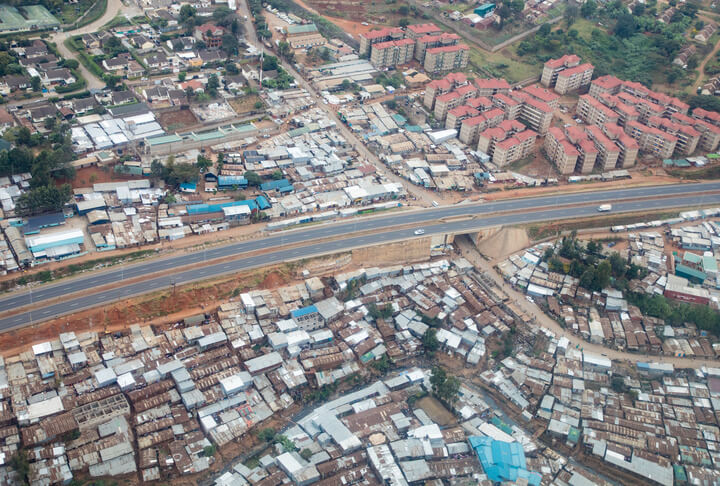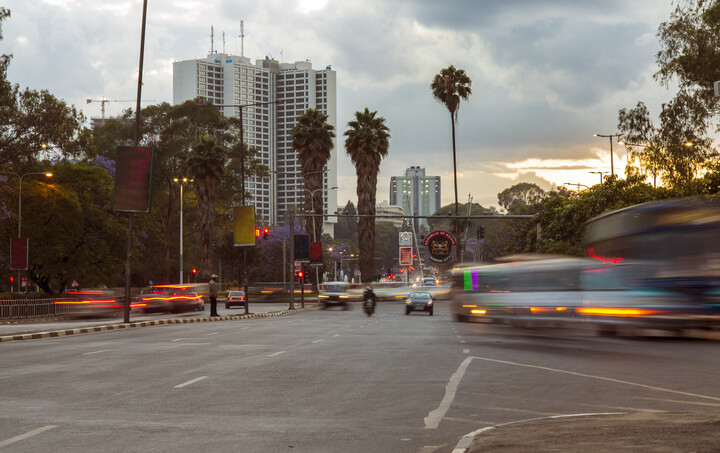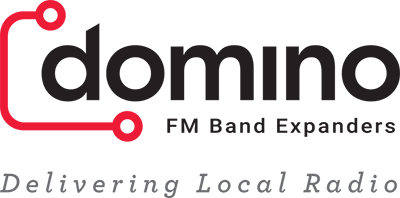Every year over seventy thousand used Japanese cars are imported into the Kenya, earning Kenya the title for the sixth largest importer of used Japanese cars around the world.
Why is Japan the primary source of imported used cars in Kenya? Like many countries, Kenya looks to the Japanese car market as it provides a wide range of popular modern vehicles that offer quality, reliability and most of all affordability.

Importing A Japanese Used Car Into Kenya
Nairobi is the capital city of Kenya, with the next five largest cities being Mombasa, Nakuru, Eldoret, Kisumu, and Nakuru. The largest port in Kenya is situated at Mombassa, and there are other ports such as Funzi, Shimoni and Vanga located on the south coast along with two smaller ports located at Malindi and Lamu.
The main aim of allowing used Japanese cars to be imported into Kenya is to offer better safety on the roads by encouraging the use of newer vehicles as they reduce the risk associated with substandard vehicles being used.
Because of the complex rules and regulations, the best way to import a used vehicle in Kenya is to look to use dealers who specialise simplifying this process for clients. Just keep in mind the larger the engine capacity, the higher the import duty!
Some of the prominent used car dealers and importers in Kenya are:
- Be Forward Kenya Nairobi Office
- SBT Kenya (Nairobi Office)
- AutoAssista
- KABA (Kenya Auto Bazaar Association)
- Toyopet Automoblile (K) Ltd
Kenya Japanese Import Regulations
Even if you decide to go ahead with an experienced used car importer it still pays to understand exactly what is required. Three of the main rules to consider when importing used vehicles in to Kenya are:
- Vehicles Must Be Under 8 Years Old. The law is strict that the vehicle must not more than eight years old. For example, for the year 2017, only vehicles manufactured in or after 2010 were allowed to be imported.
- Vehicles Must Be Right Hand Drive. A used car imported in Kenya must be of a right-hand drive nature. Left-hand drive vehicles are not allowed for registration unless they are for a particular purpose.
- Vehicles Must Pass A Safety And Mechanical Inspection. A used vehicle must pass both a safety and mechanical inspection performed by the Japan Export Vehicle Inspection Center or the QISJ (Quality Inspection Services Japan) before being released.
Common Import Terms Explained
To understand the costs and what’s involved you need to understand the terms used in the import process. Apart from the import declaration fee paid before or during clearance, there are a number of other tax costs to be aware of. When importing Japanese used cars in Kenya some common terms you need to know are:
- CRSP. The Current Retail Selling Price is the amount the Kenya Revenue Authority (KRA) declares the vehicle is worth. It is irrelevant what you paid for the vehicle.
- CIF. The CIF means the cost of the car in its country of origin, the insurance, and the freight charge, all combined.
- IDF. This stands for the Import Declaration Fee, calculated at 2.25% of the CIF value of the imported car – with a minimum amount of $5000 due. Sometimes, the CIF could also be calculated from the Current Retail Selling Price (CRSP) of the vehicle.
- Import Duty. The import duty is calculated at 25% of the CIF value of the car.
- Excise Duty. This is calculated at 20% of the Import duty + CIF Value (irrespective of the size of the engine).
- VAT. The Value Added Tax in Kenya is charged on importation of taxable goods or services at the rate of 16% of the Excise Duty + Import Duty + CIF value.
- CFS. Container Freighter Station charges, sometimes referred to as Port Charges, depend on the size of the vehicle. There are shipping charges plus VAT that are payable to the shipping agents. The amount differs from one agency to the other.
- JEVIC. All imported vehicles must be inspected by the Japan Export Vehicle Inspection Center.
Documents Required For Importation
The documents required while clearing the used cars at the port are:
- Copy of KRA (Kenya Revenue Authority) pin code
- Copy of ID for individuals or incorporation certificate for companies
- Original Commercial Invoice
- Original Bill of Lading
- Import Declaration Form obtained from Customs
- Authentic Original Logbook from the country of origin. The Kenya Revenue Authority does not accept Certificate of Exports issued by Dubai Police or any other authority as a substitute for a foreign Log Book (If the logbook is in a foreign language, an English translation must be issued by the respective Embassy, High Commission or a consulate based in Kenya)
- Copy of Inspection by Japan Export Vehicle Inspection Centre (JEVIC)

Japanese Imported Cars And Band Expanders
There is a potential drawback that most countries face when importing Japanese vehicles – bandwidth limitations on built in radios. In Japan the FM bandwidth frequencies range from 76 to 90 MHz which is different to the international range of 88 to 108 MHz.
Installing an FM Band Expander or radio converter allows a radio's frequency to shift up, and pick up more FM radio stations. Fitting FM Band Expanders is an economical solution to this common bandwidth issue, when considering the cost of purchasing and installing a new car stereo.
Need a reliable easy to install FM Band Expander? Manufacturing one of the smallest units available, Domino Electronics are suppliers of FM Band Expanders suitable for use around the world in vehicles such as Toyota, Mazda, Nissan, Honda and more. Domino Electronics also offers a great range of Adaptors, Extension Leads and Power Injectors.
Contact the team at Domino Electronics today for all your band expander needs.
